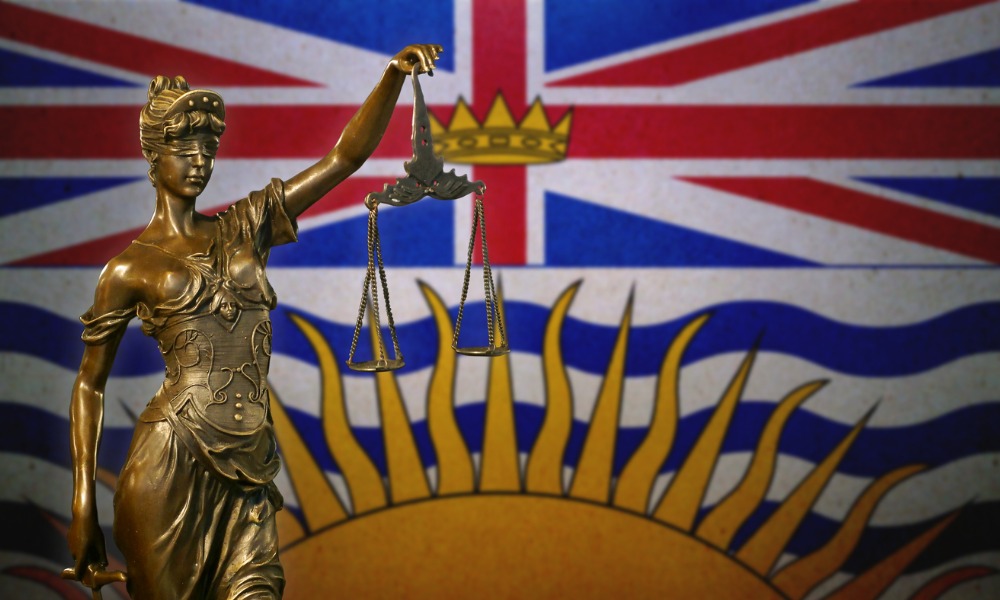
An employee of the LSBC assists those with discrimination or harassment concerns

The Law Society of British Columbia has expressed its commitment to removing barriers for Indigenous people in the legal profession.
A recent news release of the law society stressed that Indigenous legal professionals in Canada face distinct challenges impacting their health and wellness, as supported by the findings of recent studies. These challenges stem from both historical and systemic factors and unique pressures experienced within the legal profession.
Traditionally, Indigenous people view health through a holistic lens – balancing spiritual, emotional, mental, and physical dimensions, the news release said. However, colonization has disrupted these practices, which has led to mental health support systems often failing to align with Indigenous beliefs and values.
The National Study on the Health and Wellness Determinants of Legal Professionals in Canada revealed that Indigenous legal professionals experience higher rates of psychological distress, depression, and burnout compared with their white counterparts. Indigenous lawyers reported feeling more emotional pressure even though they and non-Indigenous lawyers share similar challenges in terms of career opportunities and professional recognition.
The study also indicated that one half of legal professionals, both Indigenous and non-Indigenous, hesitated to seek help due to concerns about privacy and the potential for information to be shared with regulators. For Indigenous legal professionals, the lack of culturally appropriate resources compounded this hesitancy, which often resulted in additional barriers to accessing necessary support.
A 2022 report titled “Addressing Discriminatory Barriers Facing Aboriginal Law Students and Lawyers” by the Aboriginal Law Graduates Working Group found that 81 percent of respondents encountered barriers in their legal careers as Aboriginal lawyers. Over 35 percent reported experiencing discrimination from other legal professionals, while 22 percent faced discrimination from clients.
These findings highlighted the pressing need for the legal profession to address the systemic discrimination and health challenges disproportionately affecting Indigenous lawyers.
In its news release, the B.C. law society expressed its commitment to supporting Indigenous people facing barriers in accessing the legal system and regulatory processes. The law society’s supports aim to address issues such as stigma, burnout, and discrimination and aim to improve access to culturally appropriate health and wellness resources.
One resource provided by the law society is the Indigenous Navigator, which offers guided support for those with concerns about a lawyer. This service is designed to be culturally safe, trauma-informed, and respectful of Indigenous protocols.
Legal professionals who have concerns or who require help relating to discrimination or harassment can reach out to the Equity Advisor, an employee working in the law society’s practice advice department. The advisor’s role includes receiving inquiries, offering information, and discussing options for those facing discrimination or harassment. This service is free, confidential, and available to all legal professionals and support staff.